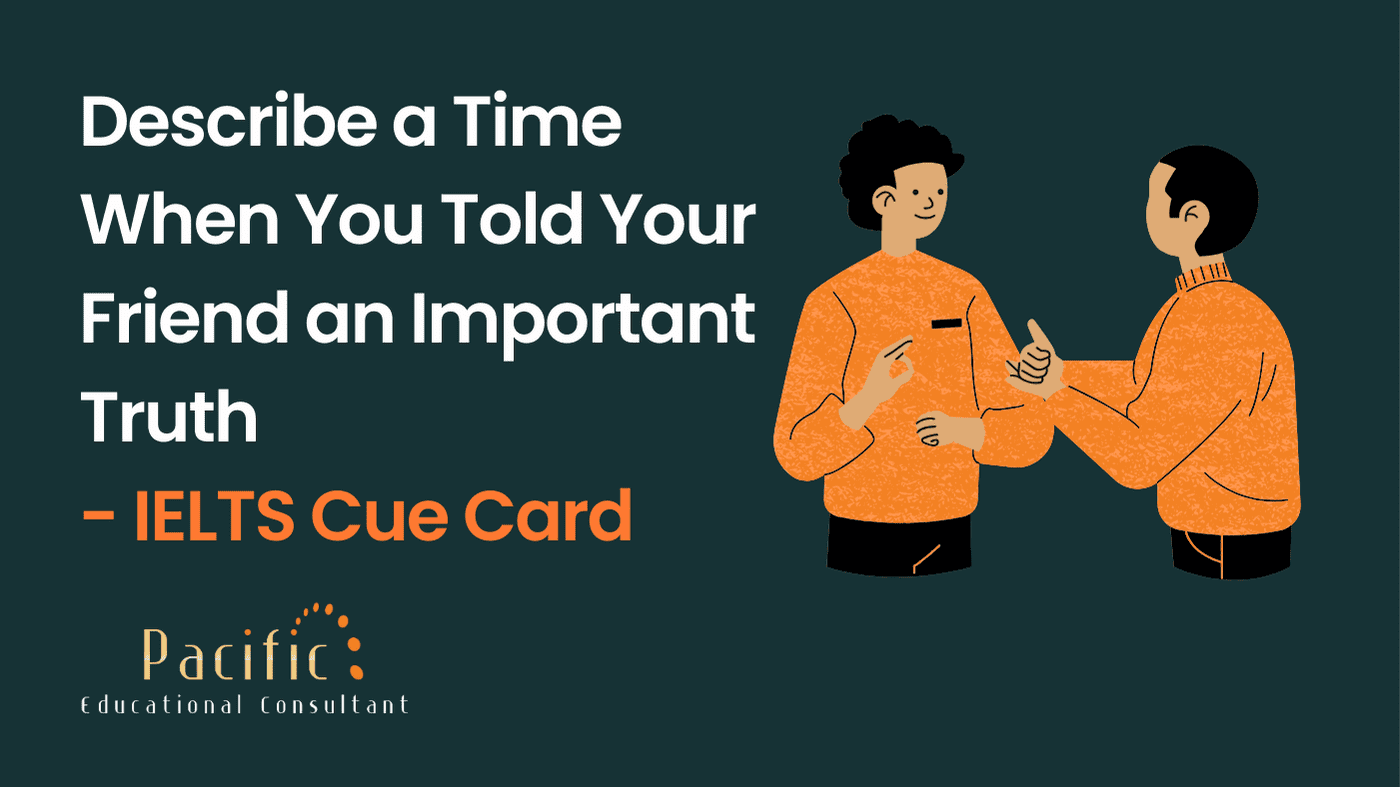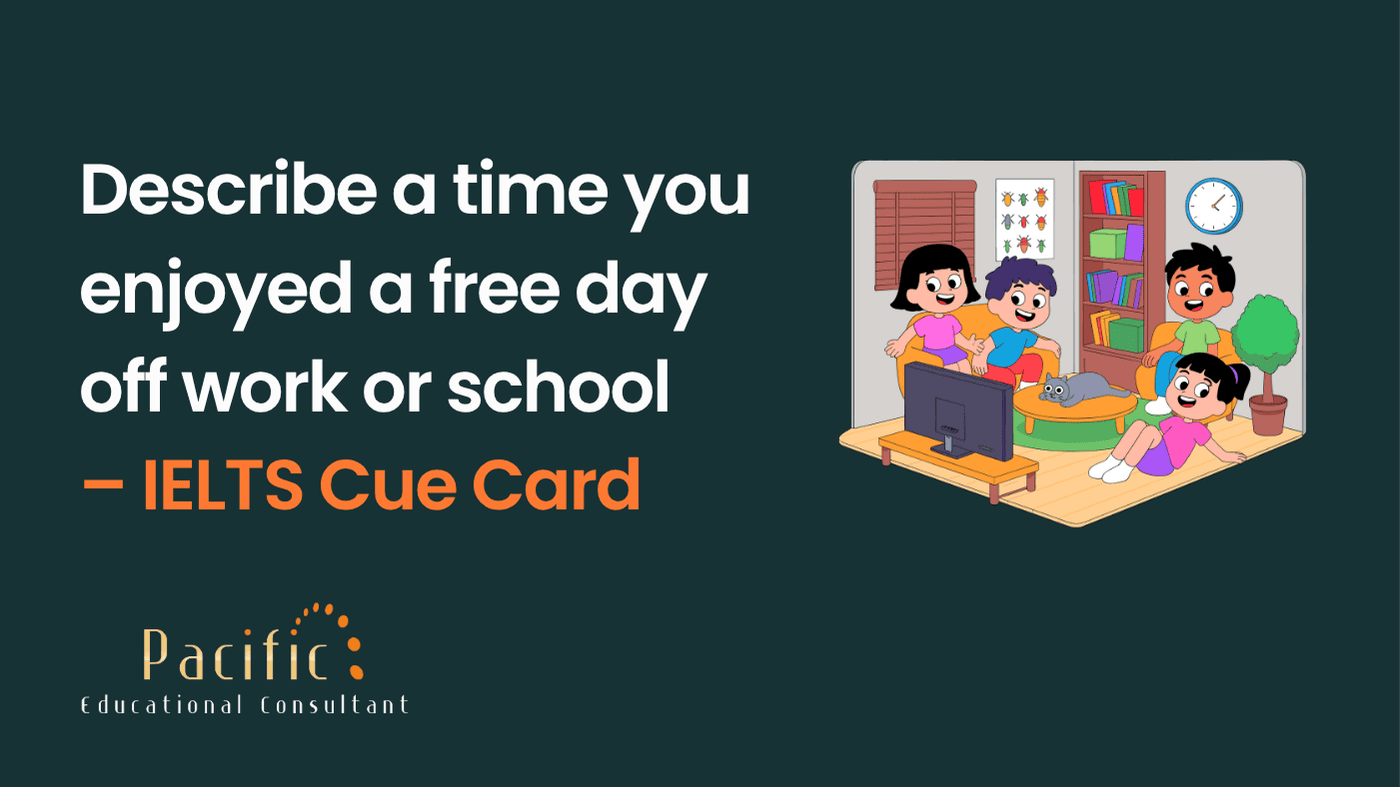


You should say:
Rohan has been my closest friend since high school. We shared many experiences together, from preparing for exams to playing cricket in the evenings. He is usually very cheerful and ambitious, but at one point, he started losing focus on his studies.
The truth I told him was that his lifestyle was becoming harmful to his future. He had started skipping classes frequently, spending too much time with a new group of friends, and neglecting his assignments. I reminded him that while fun was important, education was the real reason we were in college. If he continued down this path, his grades and career opportunities would suffer.
At first, Rohan didn’t take my words positively. He felt I was interfering in his personal life and became defensive. However, after reflecting on what I said, he realized I was being honest for his benefit. A week later, he thanked me and made an effort to attend classes regularly. Eventually, he performed well in the exams, which made me feel proud of him.
I think it was extremely important to be truthful because real friendship means caring about someone’s growth, even if the truth is difficult to accept. If I had stayed silent, he might have continued on the wrong track. Telling him the truth not only helped him academically but also strengthened our bond as friends.
Not always. While honesty is very important, sometimes telling the truth can hurt someone unnecessarily. In those cases, being diplomatic or gentle is a better choice.
It is not always easy, but signs like avoiding eye contact, giving vague answers, or being inconsistent in their story can indicate dishonesty.
Yes, in some situations, small lies can be acceptable, especially when the intention is to protect someone’s feelings or avoid unnecessary conflict. However, lies that harm others are never justified.
Following the rules is more important. Sports are about discipline, teamwork, and respect. Winning through cheating is temporary, but fair play leaves a lasting impression.

New Zealand Student Visa Update: Work Limit Now 25 Hours/Week from 3 Nov 2025

Describe a family member who you want to work with in the future - IELTS Cue Card

Describe a noisy place you have been to - IELTS Cue Card

Describe a time you enjoyed a free day off work or school – IELTS Cue Card

Bachelor in Business Economics (BBE)

BE IT Full Form: Complete Guide to Eligibility, Syllabus, Fees, and Career Scope

Describe a water sport you would like to try in the future - IELTS Cue Card

Describe a plan that you had to change recently - IELTS Cue Card

CBSE Class 10 & 12 Date Sheet 2026: Complete Timetable & Study Planner

Describe a sport that you really like - IELTS Cue Card